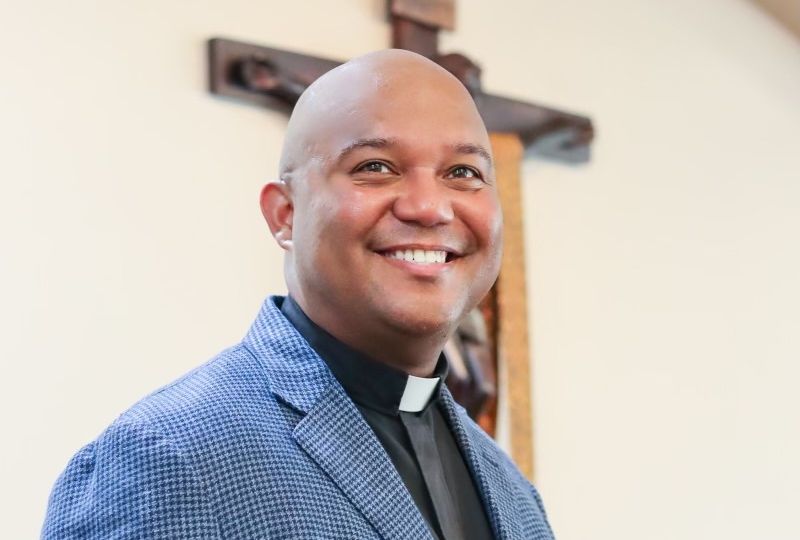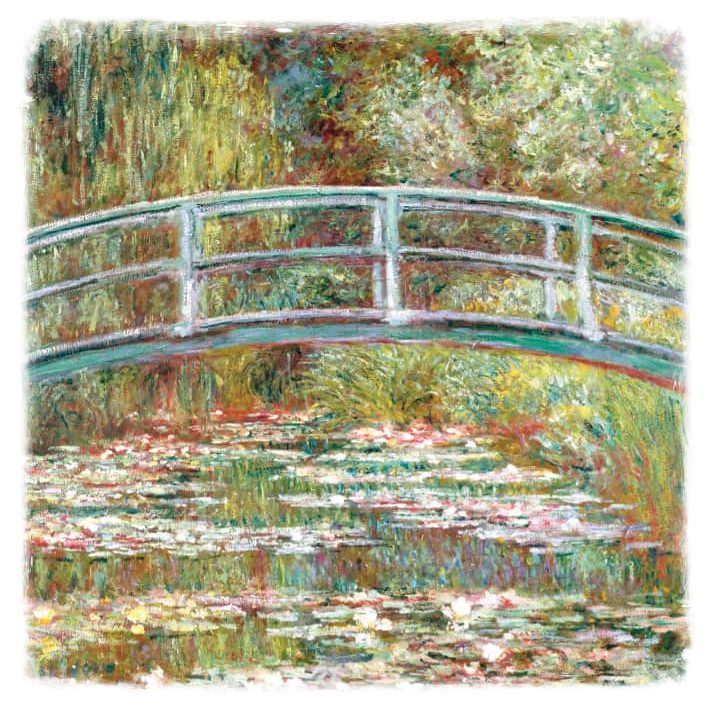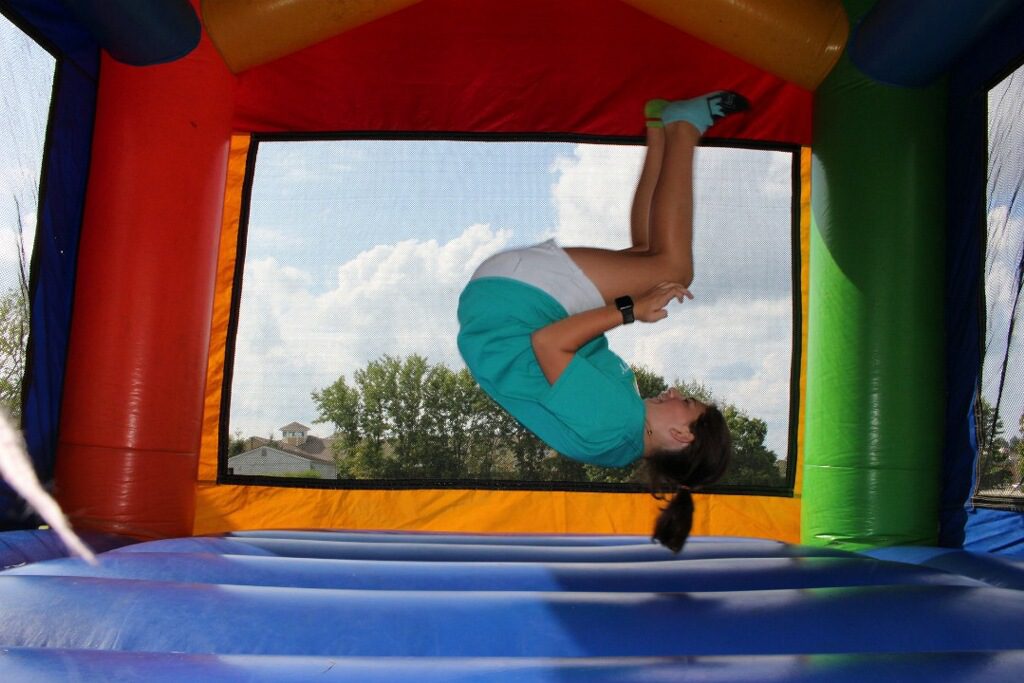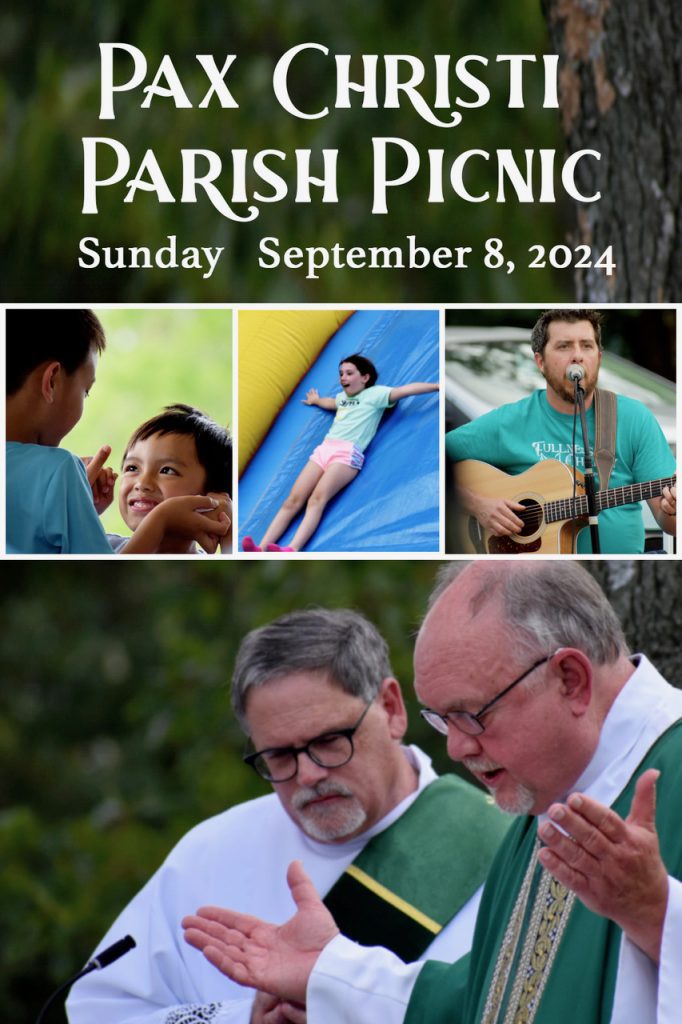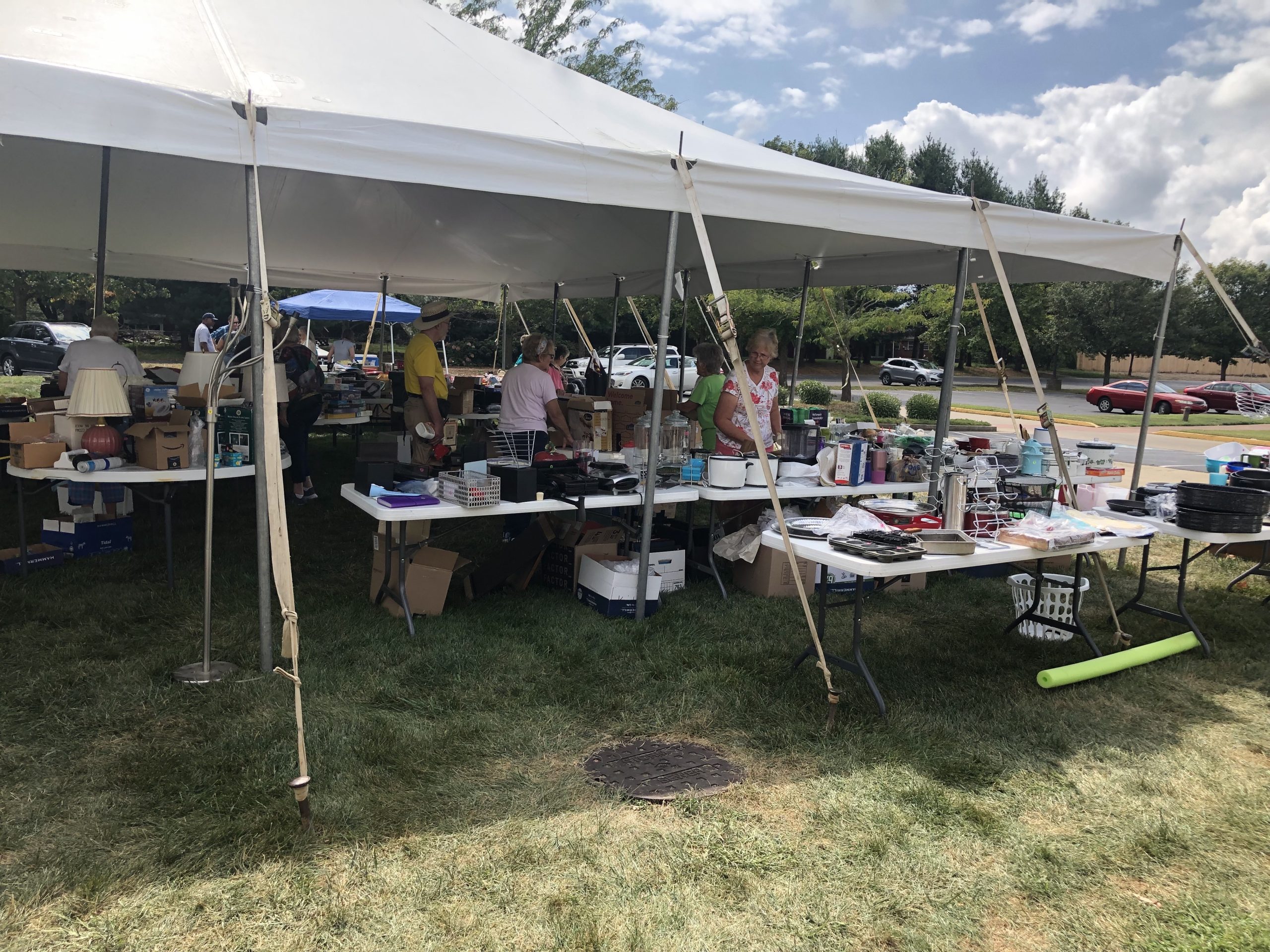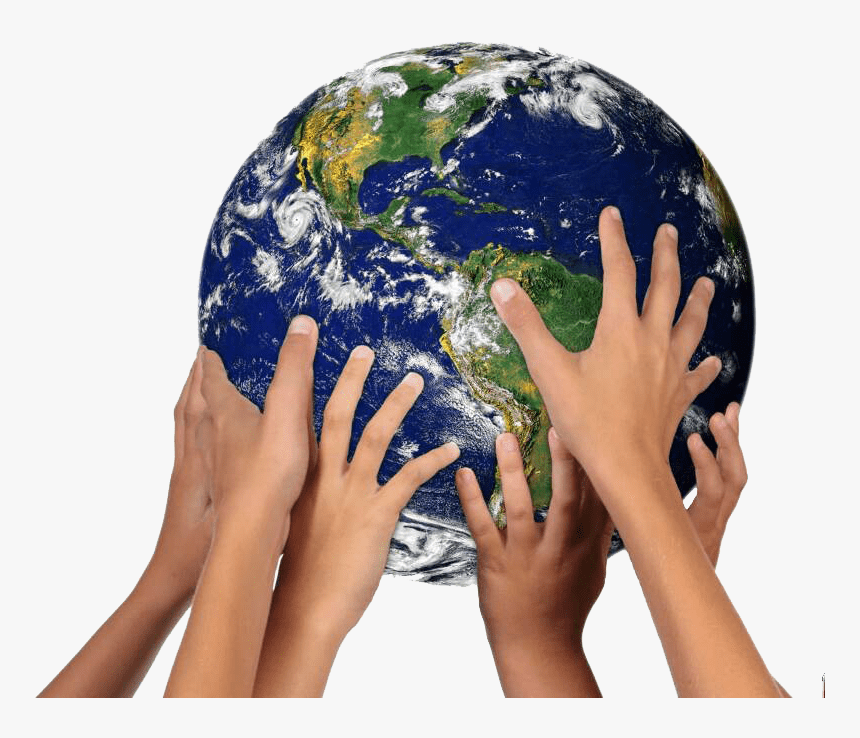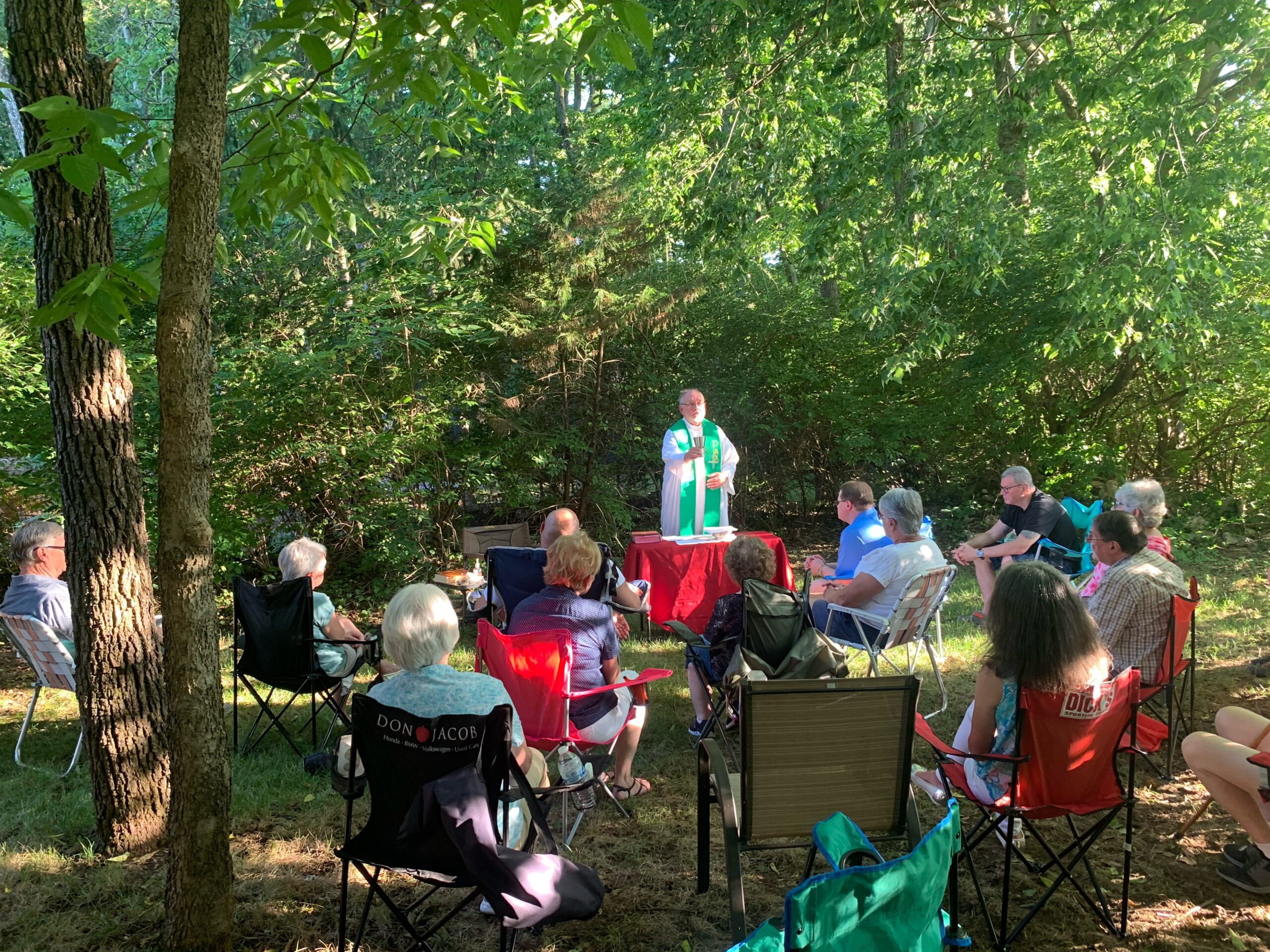Some of you are aware that Bishop Stowe is finally calling us to get serious about our care for creation. But this call has also led to some confusion and questions.
Are we going to have to stop using paper products?
Is this going to cost a lot of money?
Let me first assure you that we are not expected to make any sudden, disruptive changes. But I do support the Bishop in his message and initiative; that we DO have to begin planning to make some changes.
We need Some Serious People
The first step being asked of us is to form a Laudato Si Action/Planning Group. This will require that a few people who already are concerned about the issues facing us all commit to some hard study and careful planning. The diocese has a plan for moving forward and that would be our guide.
This is the kind of project where we need people to stand up and accept the challenge. Don’t wait to be asked. Choose to lead. We need to hear from you!
Thank you for your attention.
Fr Pat
Net Zero
You may have become aware that the Diocese has recently announced something called a “Net Zero Initiative.” What is this? And how will it affect our parishes? The parishes were not given an opportunity to explain the initiative before it was announced publicly. I’d like to share with you now some of the info we received. The following is adapted from an FAQ section in the announcement. Please read through to the reflections from Pope Benedict and Pope Francis at the end.
Fr Pat
Net Zero Initiative
What is net zero? Net zero is the balance between an organization’s amount of greenhouse gas emissions generated, and the amount removed from the atmosphere.
Bishop Stowe has convened a group of sustainability experts drawn from our region’s leading corporate citizens to make recommendations regarding not only the technical aspects of our mission, but our financial options as well. The task force will propose projects and avenues of funding for them.
What kinds of projects might this include? The task force will provide our Diocese with a litany of options for offsetting our carbon footprint. Options are likely to include onsite solar, participation in green energy programs with our local utility, energy savings procedures, and other approaches utilized by organizations that are on their own net zero journeys.
The first year of the task force’s work will involve data collection to determine the carbon footprint of the Diocese for energy usage, then make a plan to get to net zero. During the implementation phase of the plan that will follow, locations included in any projects will be engaged in the process.
For Reflection… Pope Francis “It must be said that some committed and prayerful Christians, with the excuse of realism and pragmatism, tend to ridicule expressions of concern for the environment. Others are passive; they choose not to change their habits and thus become inconsistent. So what they all need is an ‘ecological conversion,’ whereby the effects of their encounter with Jesus Christ become evident in their relationship with the world around them. Living our vocation to be protectors of God’s handiwork is essential to a life of virtue; it is not an optional or a secondary aspect of our Christian experience.” (Laudato Sí, 217)
Pope Benedict XVI “Can we remain indifferent before the problems associated with such realities as climate change…? Humanity needs a profound cultural renewal; it needs to rediscover those values which can serve as the solid basis for building a brighter future for all. Our present crises – be they economic, food-related, environmental, or social – are ultimately also moral crises, and all of them are interrelated. They require us to rethink the path which we are traveling together.” – If You Want to Cultivate Peace, Protect Creation – 2010 World Day of Peace Message, nos. 4, 5.
In the meantime, the diocese will be asking parishes to consider such steps as…
- Paper Use – reduce/eliminate paper use whenever possible.
- Cleaning Products – use only non-toxic cleaning products.
- Lighting – use only LED lighting.


